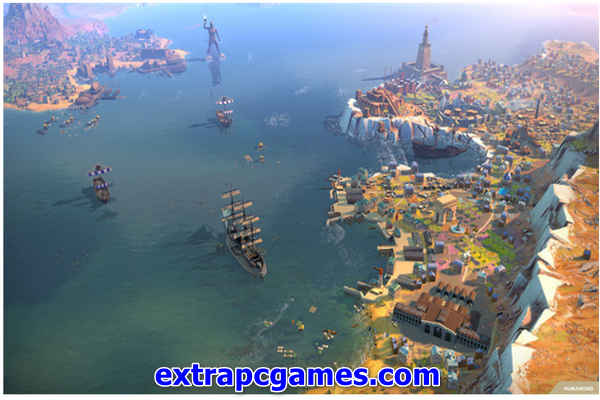

Within our own states we typically have police forces, militaries, courts and so on. The often-used analogy of there being ‘no one to call’ in an international emergency helps to underline this point. Finally, states live in a context of anarchy – that is, in the absence of anyone being in charge internationally. Realism suggests that all leaders, no matter what their political persuasion, recognise this as they attempt to manage their state’s affairs in order to survive in a competitive environment. Here, taking actions that would make your state weak or vulnerable would not be rational. Third, decision-makers are rational actors in the sense that rational decision-making leads to the pursuit of the national interest. National interests, especially in times of war, lead the state to speak and act with one voice. Other bodies exist, such as individuals and organisations, but their power is limited. The first assumption of realism is that the nation-state (usually abbreviated to ‘state’) is the principle actor in international relations.

They then drew on his writings, and that of others, to lend weight to the idea that there was a timeless theory spanning all recorded human history.

However, when looking back from a contemporary vantage point, theorists detected many similarities in the thought patterns and behaviours of the ancient world and the modern world. Thucydides, writing over two thousand years ago, was not a ‘realist’ because IR theory did not exist in named form until the twentieth century.

Realism’s roots are often said to be found in some of humankind’s earliest historical writings, particularly Thucydides’ history of the Peloponnesian War, which raged between 431 and 404 BCE. In the discipline of International Relations (IR), realism is a school of thought that emphasises the competitive and conflictual side of international relations. This is an excerpt from International Relations Theory – an E-IR Foundations beginner’s textbook.


 0 kommentar(er)
0 kommentar(er)
